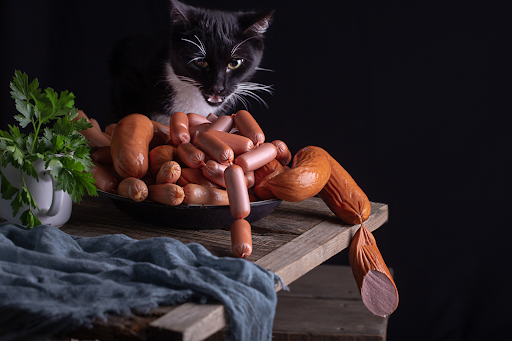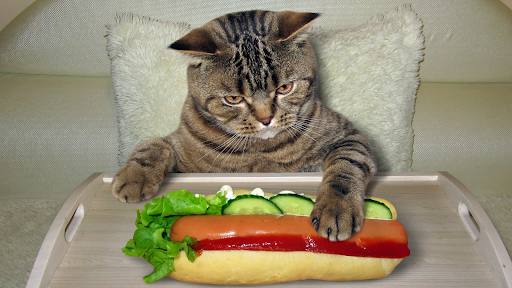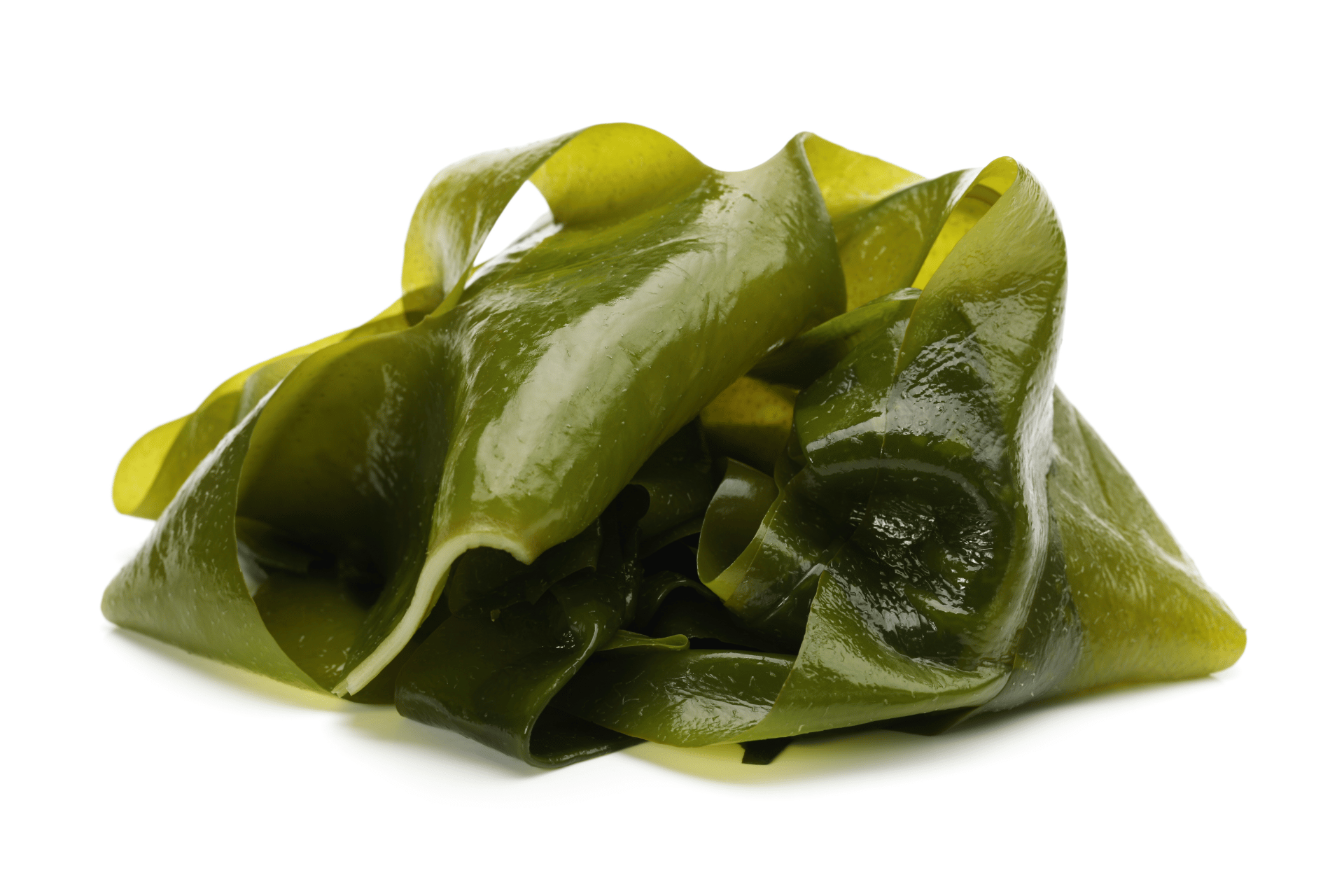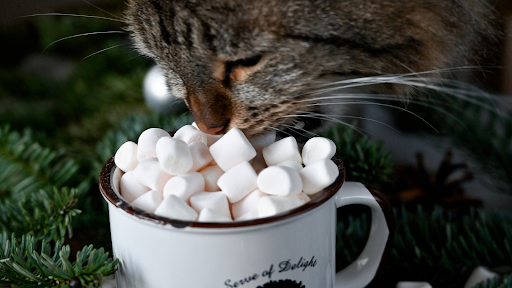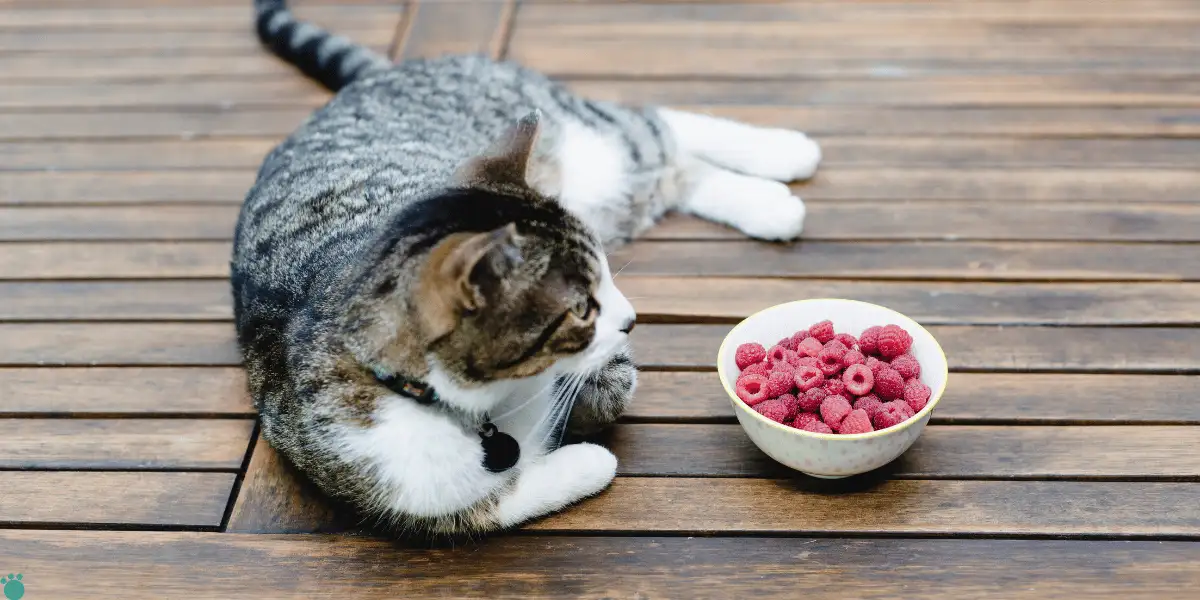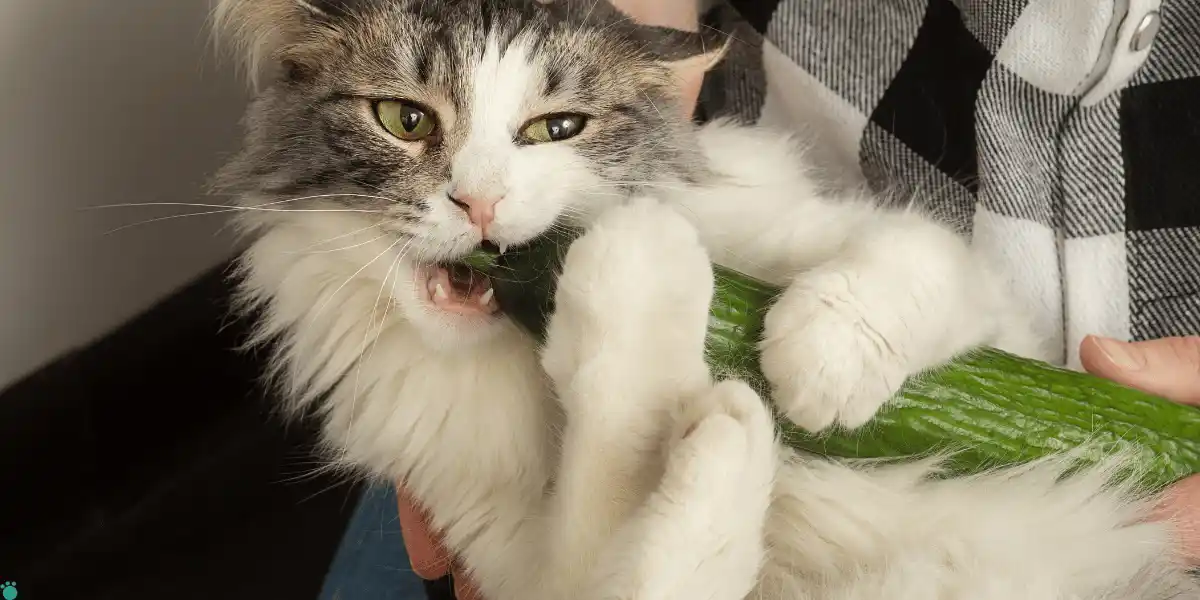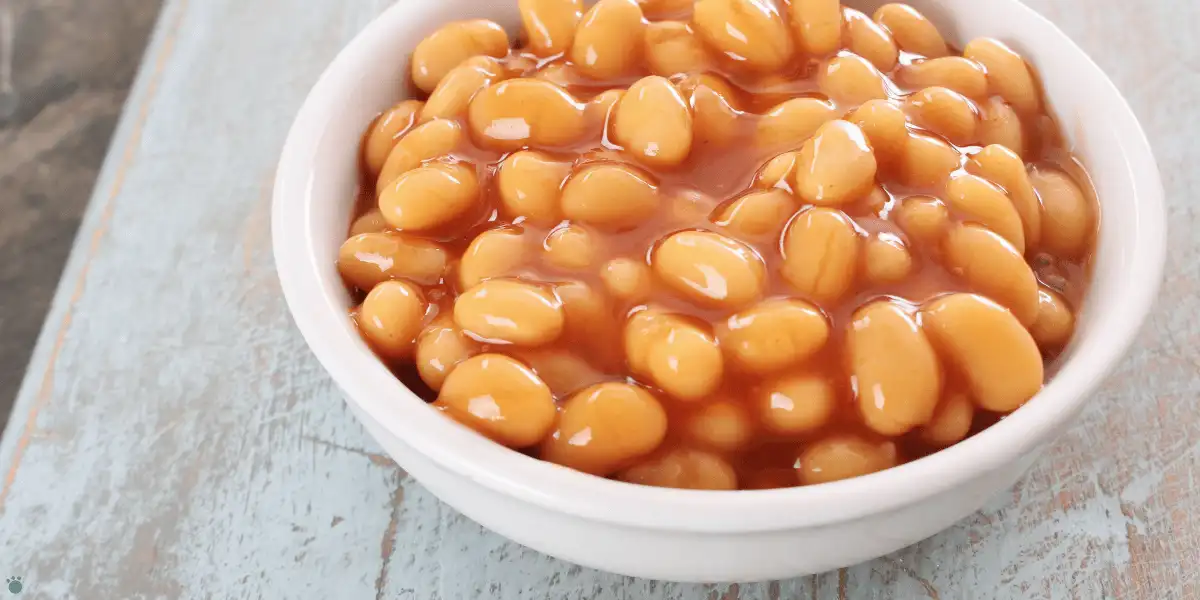As cat parents, we’re always mindful of what we feed our feline friends. And one question that often pops up is, “Can cats eat spinach?” Well, dear reader, you’ve come to the right place.
I’ve spent years researching, asking the experts, and observing my kitties to gain insights into their dietary needs.
Understanding what’s safe for your cat to eat is crucial. After all, cats are not just pets; they’re family. They depend on us to provide them with nutritious and safe cat food.
So, let’s dive into the leafy green question: can cats eat spinach?
Short Answer: Can Cats Eat Spinach?
Yes, cats can safely eat spinach in small amounts. It’s non-toxic and is even included in some commercial cat food diets. However, raw spinach may cause digestive upset, so it’s best served cooked and in moderation to avoid issues like diarrhea or reduced appetite.
The Nutritional Benefits of Spinach for Cats
Spinach, a leafy green favorite amongst humans for its high nutritional value, isn’t just good for us. This superfood can also benefit our feline friends.
Packed with a rich assortment of vitamins and minerals, spinach delivers vital nutrients that can contribute to your cat’s overall health.
Here’s a quick peek at what makes spinach a potential powerhouse for your pet:
– Vitamin A: Essential for growth, immune function, and vision.
– Vitamin K: Plays a key role in blood clotting.
– Iron: Necessary for the formation of red blood cells.
– Fiber: Important for digestive health.
How These Nutrients Benefit Your Cat
These nutrients can play a critical role in your cat’s health.
Vitamin A, for instance, is vital for maintaining good vision, especially in low-light conditions. This is crucial for cats, who are naturally nocturnal creatures.

Iron contributes to your cat’s energy levels by helping to form red blood cells that carry oxygen around the body. A lack of iron can lead to anemia, making your cat lethargic and weak.
Fiber, while not traditionally associated with carnivorous diets, can help your cat’s digestion. It can help prevent constipation and diarrhea, keeping your cat’s tummy happy and healthy.
Potential Risks of Feeding Spinach to Cats
But, like all good things, practice moderation when giving spinach to your cat. This is due to two potential risks: oxalates and potential allergic reactions.
One of the primary concerns with spinach is its high oxalate content. Oxalates are compounds that, in large amounts, can contribute to the formation of kidney stones.
This potentially painful condition is something every cat parent wants to avoid.
Kidney health is essential for cats, and maintaining it is crucial for their overall well-being. If your cat already suffers from kidney issues, it’s best to steer clear of spinach.
While uncommon, some cats may have an allergic reaction to spinach. Symptoms can range from skin irritations to gastrointestinal upset.
If you notice your cat displaying signs such as excessive scratching, redness, vomiting, or diarrhea after eating spinach, it would be a good idea to consult your vet.
Preparing Spinach for Your Cat
Choosing the Right Spinach
You may be wondering, “Should I go with organic or non-organic? Fresh, frozen, or cooked?” Let’s break it down, shall we?
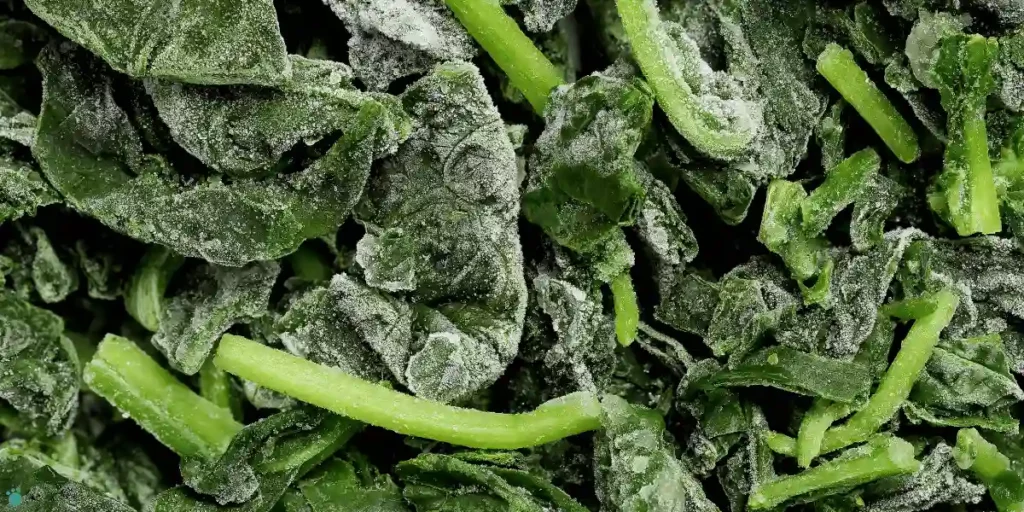
Organic spinach often comes with fewer pesticides, which is excellent news for your cat’s health. However, it’s also a tad pricier than its non-organic counterpart.
If budget is a concern, washing non-organic spinach thoroughly can help remove most pesticide residue.
Now, fresh vs. frozen? Fresh spinach is always a good choice, but frozen spinach can be just as nutritious.
The key here is to avoid spinach with added salt or sauces. Your cat’s taste buds (and health!) will thank you.
How to Properly Cook Spinach for Your Cat
It is always advisable to feed your cat cooked spinach. Raw spinach contains oxalic acid, which can interfere with calcium absorption when ingested in large quantities.
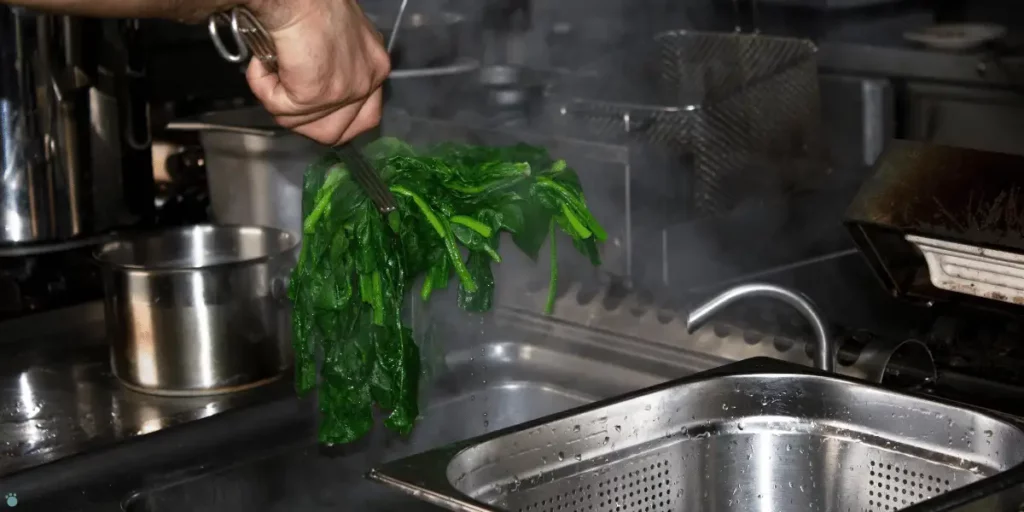
Steaming is a simple and safe method that helps keep the nutrients intact.
Boiling is another option, but avoid adding salt or any other seasoning.
Your cat’s palate is much more sensitive than ours, and they don’t require the same level of seasoning we do.
Spinach Recipes for Cats
Now that you’re a pro at choosing and cooking spinach, why not try some simple recipes?
A spinach and chicken mix is excellent for introducing this green to your furry friend. Simply boil some chicken, steam your spinach, mix them, and voila! You’ve got a healthy and tasty meal for your kitty.
Or perhaps your cat prefers fish? Then a spinach and salmon blend might be more their speed. The steps are the same; just replace chicken with boiled or steamed salmon.
How Much Spinach Can a Cat Eat?
Spinach is a fantastic supplement to your cat’s diet, but it shouldn’t be the main course. A few leaves mixed into their regular food is more than enough.
As for frequency, consider spinach a treat rather than a staple. Serving it a couple of times a week is plenty.
Overconsumption of spinach can lead to urinary problems in cats due to its high calcium and oxalic acid content.
Alternatives to Spinach
While spinach is a nutritious option, other greens can add variety and balance to your fur baby’s diet.
Broccoli, for instance, is a fantastic alternative. It’s packed with essential nutrients like fiber, vitamin C, and vitamin K. Just remember to cook it until it’s soft and easy for your cat to digest.
Peas, though not a leafy green, are also a safe choice. Given their small size and sweet flavor, they can be a fun treat for your cat.
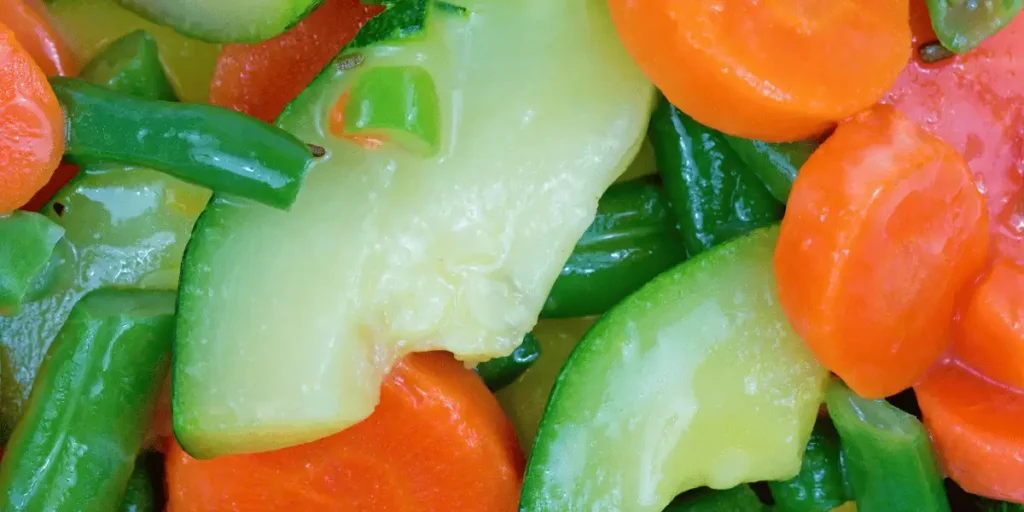
Here’s a quick list of other cat-safe vegetables:
1. Carrots: Cooked carrots are a great source of vitamin A.
2. Green beans: They’re low in calories and high in fiber, making them perfect for cats on a diet.
3. Zucchini: This veggie is easy to digest and a good vitamin source.
4. Pumpkin: Pure, unsweetened pumpkin puree can help with digestive issues.
Remember, while these vegetables are safe for cats, they should never replace a balanced cat diet.
For example, if you’re a parent to a Maine Coon, you might want to explore our guide on the best cat food for Maine Coon to ensure your feline friend gets the optimal nutrition.
Now that we’ve given you some vegetable options, how do you introduce these new foods to your cat?
Mix a small amount of the new vegetable into your cat’s regular food. This gradual introduction will help your cat acclimate to the new taste and texture.
Is Spinach Used In Commercial Cat Foods?
While cats are obligate carnivores, and their diets are primarily made up of protein sources like meat and meat derivatives, some commercial cat foods do incorporate spinach.
Spinach is found in tiny amounts in commercial diets, mainly because large quantities can be problematic for cats with certain health conditions.
However, it’s important to note that fruits and vegetables, including spinach, are not well-digested by cats and are usually not a significant part of their diet.
Conclusion
In summary, your cat can enjoy the occasional spinach treat. Just remember to keep it as that – a treat. While spinach offers some beneficial nutrients, it’s essential to remember that cats require a diet predominantly made up of meat. As always, consult with your vet before making any dietary changes.
It’s your love and concern for your feline friend’s well-being that makes you a fantastic cat parent. With this new knowledge, you’re even better equipped to make informed dietary decisions for your furry friend.
Frequently Asked Questions
Can Cats Eat Raw Spinach?
A nibble of spinach here and there is not harmful. If you decide to share a bit of your salad with your cat, make sure the spinach is fresh, thoroughly washed, and served in small, manageable portions.
What Leafy Greens Can Cats Eat?
While spinach, in moderation, is safe for cats, there are other leafy greens that make for healthier options. Other cat-friendly greens include pea shoots, kale, lettuce, and broccoli florets. Just remember, vegetables should only make up a small portion of your cat’s diet – somewhere around 5-10%.
What Vegetables Are Not Toxic To Cats?
Apart from spinach, several other vegetables are perfectly safe for your feline companion. These include peas, green beans, carrots, pumpkin, zucchini, and broccoli.
What Foods Can’t Cats Eat?
Onions, garlic, chocolate, caffeine, alcohol, and grapes are some of the foods that are toxic to cats. That’s why you should always consult your vet before introducing new foods into your cat’s diet.
